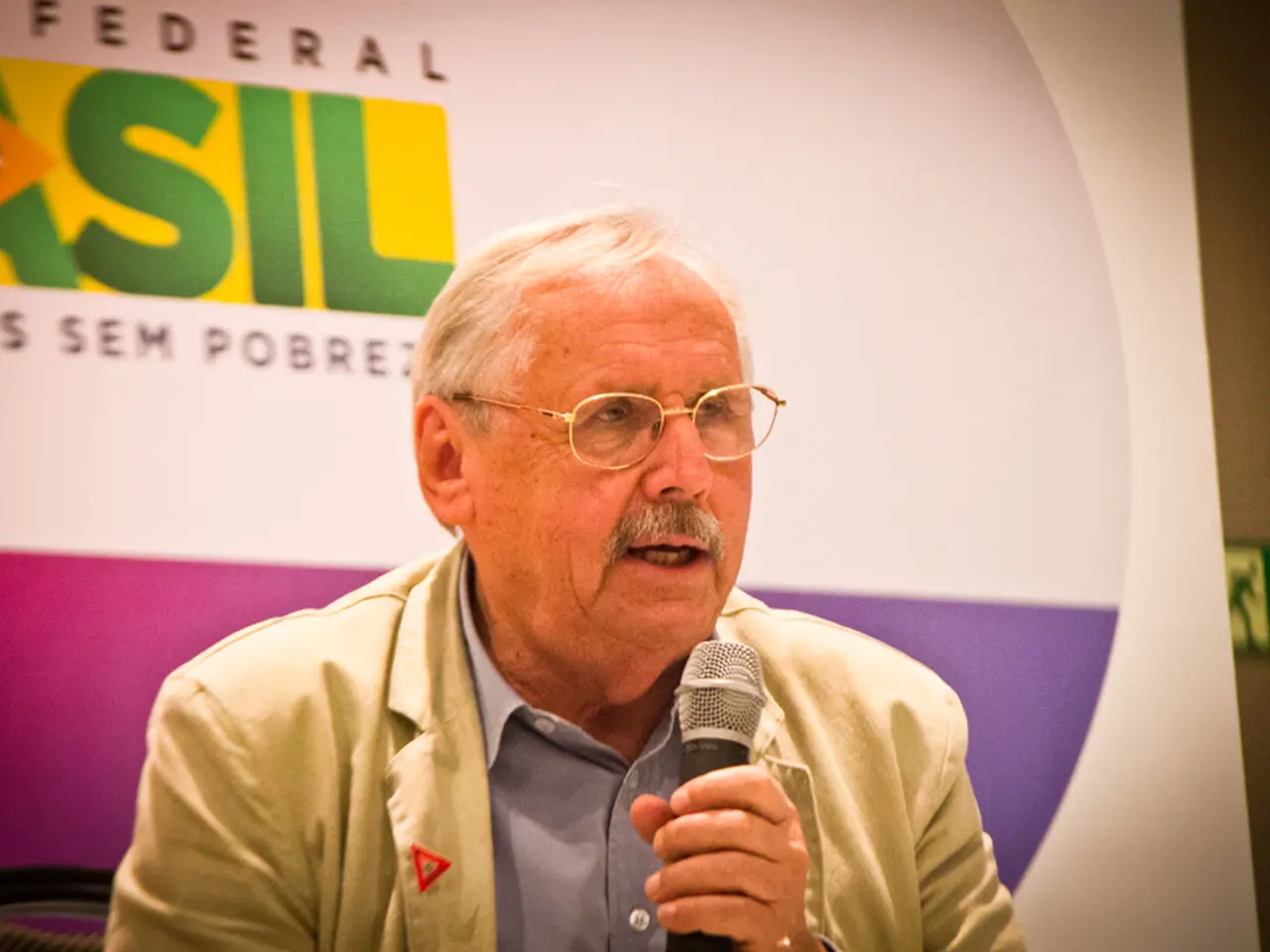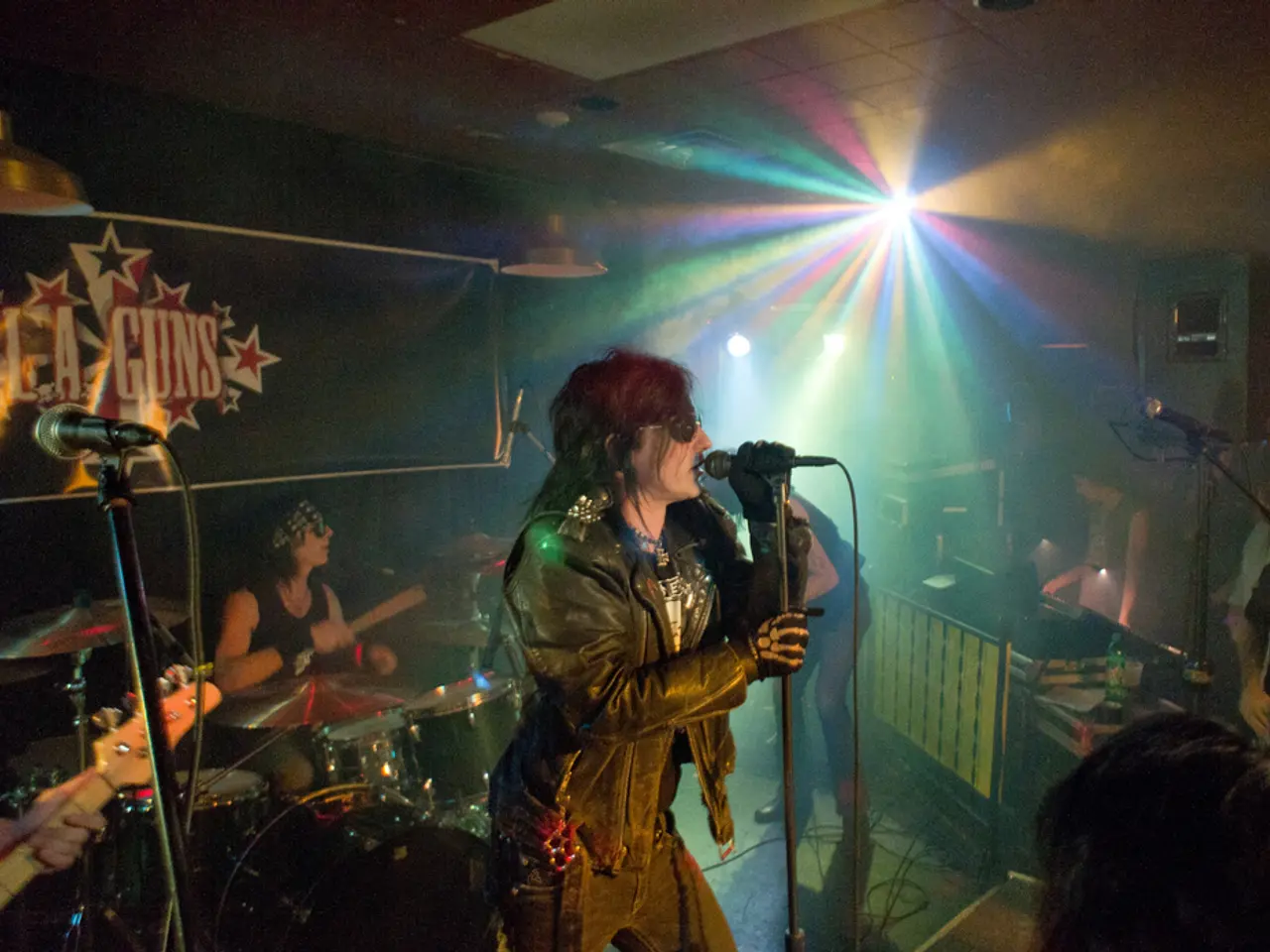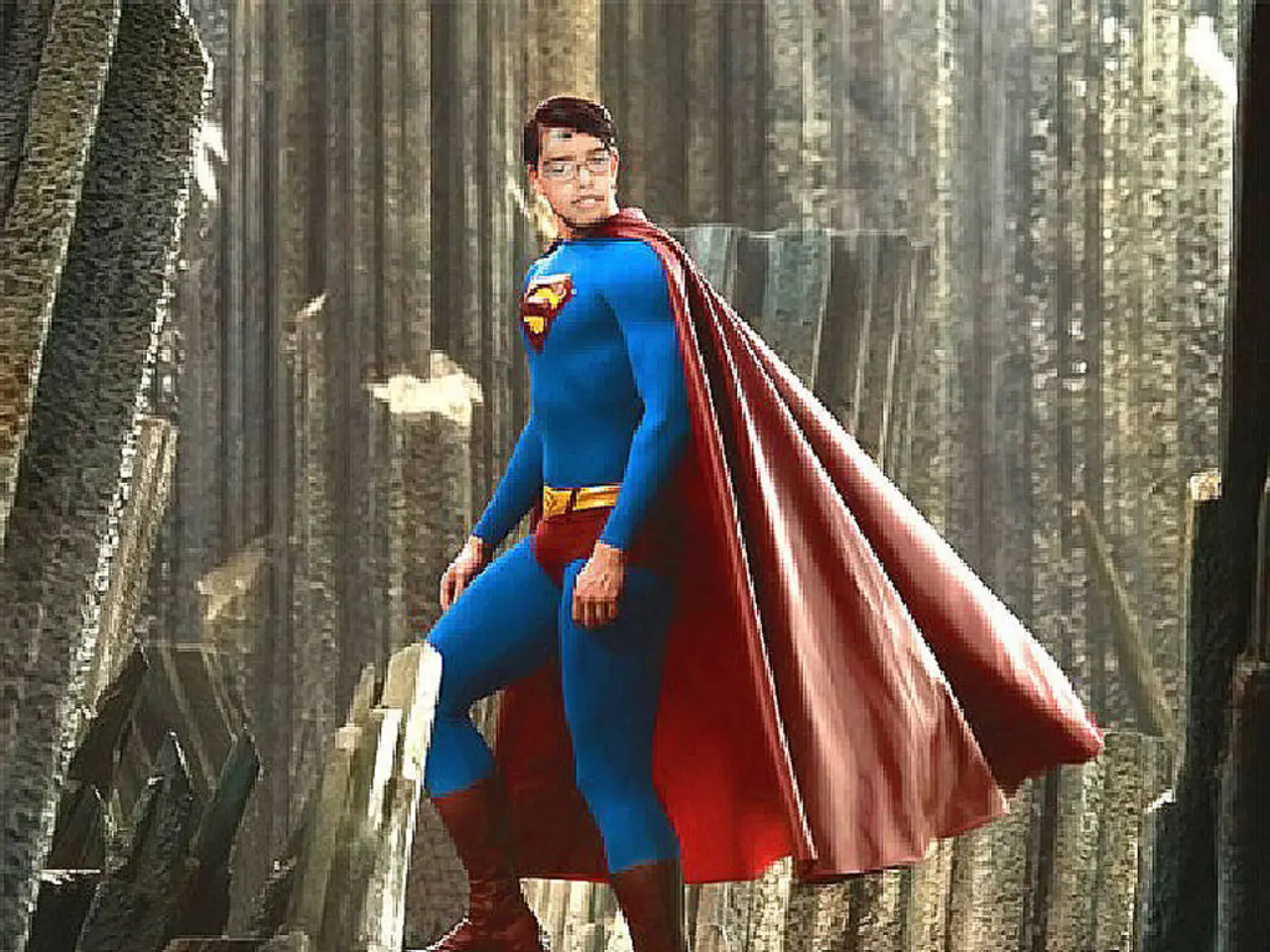"Constitutionalist Félix Lonigro asserts that circumstances allow for federal intervention in Formosa"
In the Argentine province of Formosa, constitutional law expert Félix Lonigro has suggested that the conditions for federal intervention have been met for over two decades. This view is based on the long tenure of the current governor, Gildo Insfrán, which has resulted in significant institutional issues in the province.
The democratic system, characterised by the transparency of the popular will and free elections, has been allegedly violated in Formosa for a prolonged period. Authorities have been reportedly asking voters to bring their stamped ballots in exchange for food packages, a clear breach of democratic principles.
Moreover, the republican system, characterised by the division of powers, the independence of the judicial power, and alternation in the exercise of power, has also been violated. The Constitution allows for the indefinite re-election of the governor, making alternation impossible.
Lonigro's stance implies that the absence of effective governance and potential violations of constitutional rights and principles could justify federal intervention to restore democratic and institutional order. However, he does not detail specific legal conditions.
Federal intervention in Argentina is typically considered when there are severe threats to public order, institutional dysfunction, or other critical issues that cannot be resolved by the local government. The decision to intervene is a complex one, often requiring approval from the national government and sometimes the judiciary.
In general, institutional dysfunction, public disorder, and economic crisis can trigger federal intervention. However, specific legal conditions for intervention are outlined in the Argentine Constitution and related laws, which typically require a formal process involving the national government and Congress.
The decision to intervene must be made by the National Congress, requiring the votes of more than half of the members present in each Chamber's session.
Meanwhile, in other political developments, the Kirchners are seeking to overturn decrees that reform the federal security forces, and governors are challenging Espert over projects that provide more funds to the provinces in the House. Additionally, Nacho Torres has sought to downplay a spat with the Government but defended the ATN project.
[1] Source: Lonigro, F. (2021). Condiciones para la intervención federal en Formosa, Argentina. Revista de Derecho Constitucional.
- The violation of democratic principles in Formosa, due to allegations of voter coercion and the indefinite re-election of the governor, is a concern that echoes in the realm of politics and general news.
- As the conditions for federal intervention in Argentina are typically met under severe threats to public order or institutional dysfunction, Lonigro's suggestions raise questions about the potential involvement of war-and-conflicts, crime-and-justice, and policy-and-legislation in the unfolding events of Formosa.
- The complex process of federal intervention in Argentina, requiring the approval of both the national government and the National Congress, may soon see debates over issues such as sports, war-and-conflicts, crime-and-justice, and policy-and-legislation, as the conflict in Formosa escalates.






